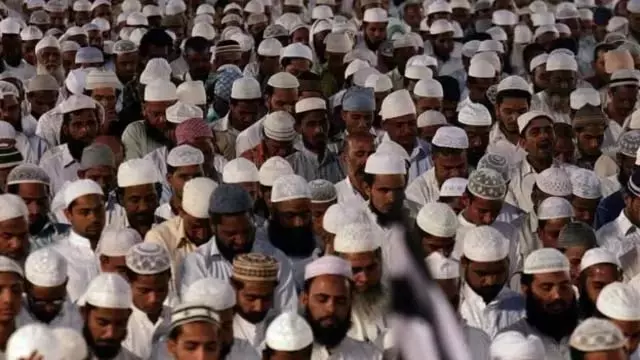Mainstream discourse often portrays Indian Muslims as marginalized and victimized. Yet, recent years have seen a surge of success stories that challenge this one-dimensional image. These are stories of Indian Muslims excelling in science, the arts, business, and sports, redefining their role in nation-building. These examples underscore a reality that transcends victimhood: a community contributing at the highest levels and empowered by changing structural circumstances that enable their talents to flourish.
In the early decades after independence, Muslims in India embraced opportunities to serve in research and academia and helped build the country’s scientific capacity. This tradition continues: for example, Shanti Swarup Bhatnagar Prize-winning virologist Dr. Shahid Jameel led the India SARS-CoV-2 Genome Sequencing Consortium (INSACOG) during the pandemic, exemplifying Muslim representation in innovative science. Equally significant is the rise of Muslim women in academic leadership. Professor Najma Akhtar set a new record as the first female Vice-Chancellor of Jamia Millia Islamia, a term for which she was awarded the Padma Shri in 2022 and the title of Honorary Colonel Commandant for her service in 2023. Around the same time, Professor Naeema Khatoon became the first woman to be appointed Vice-Chancellor in the 123-year history of Aligarh Muslim University, a powerful symbol of institutional shifts toward inclusivity. This progress is also supported by broader socio-educational trends: the literacy rate of Indian Muslims has risen to 79.5% in 2023-24, almost equal to the national average, and Muslim women’s labor force participation has increased from 15% to 21.4% within two years. These improvements demonstrate how improved access to education and a “free environment and opportunities” have enabled the community to overcome historical barriers.
In business and entrepreneurship too, Indian Muslims are making their mark. For example, Wipro founder Azim Premji is not only a respected business leader but also one of the country’s leading philanthropists; in 2023, he was India’s second-most generous donor, donating ₹1,774 crore (a 267% increase from the previous year) to causes like education. Habil Khorakiwala founded pharmaceutical giant Wockhardt, which became the first company in Asia to produce recombinant human insulin, and Irfan Razack’s Prestige Group has become India’s second-largest listed real estate developer. Notably, Muslim women have also led successful enterprises. Cosmetics giant Shahnaz Husain pioneered India’s herbal beauty industry and expanded it to over 400 global franchises. These stories of business acumen and innovation, breaking stereotypes, showcase a segment of Indian Muslims playing a leading role in economic growth, job creation, and social development. The cultural sector offers even more examples of transformative thinking.
Contribution. Bollywood megastar Shah Rukh Khan’s 2023 blockbuster film, Pathan, in which he plays a patriotic Indian spy, shattered box office records and also defied a boycott campaign sparked by the film’s lead actor’s Muslim identity. Acclaimed a “tremendous success despite boycott calls,” Pathan quickly grossed over $100 million worldwide, widely seen as a public protest against hate politics and a reaffirmation of the country’s inclusive ethos. Meanwhile, the Indian state has continued to honor Muslim achievers in the arts: renowned tabla player Ustad Zakir Hussain was awarded the Padma Vibhushan (the country’s second-highest civilian honor) in 2023 for his outstanding contributions to music. From the film industry to the classical arts, Indian Muslims have been at the forefront of cultural life, using their platforms to bridge divides and exemplify pluralism. Whether in cinema or the Padma Awards, their success and recognition underscore that they are not peripheral to India’s story, but central to its artistic and cultural achievements.
Sports provide some of the most unifying examples of the contributions of Indian Muslims. In cricket, a sport as much as a religion in India, Muslim players have become national heroes. In the Asia Cup 2023 final, fast bowler Mohammed Siraj delivered a brilliant performance, taking six wickets for 21 runs to lead India to the title. He then generously donated his entire $5,000 prize money to the hardworking ground staff, a gesture that touched hearts across the subcontinent. In the World Cup later that year, fast bowler Mohammed Shami, despite playing fewer matches, finished as the tournament’s top wicket-taker with 24 wickets.
